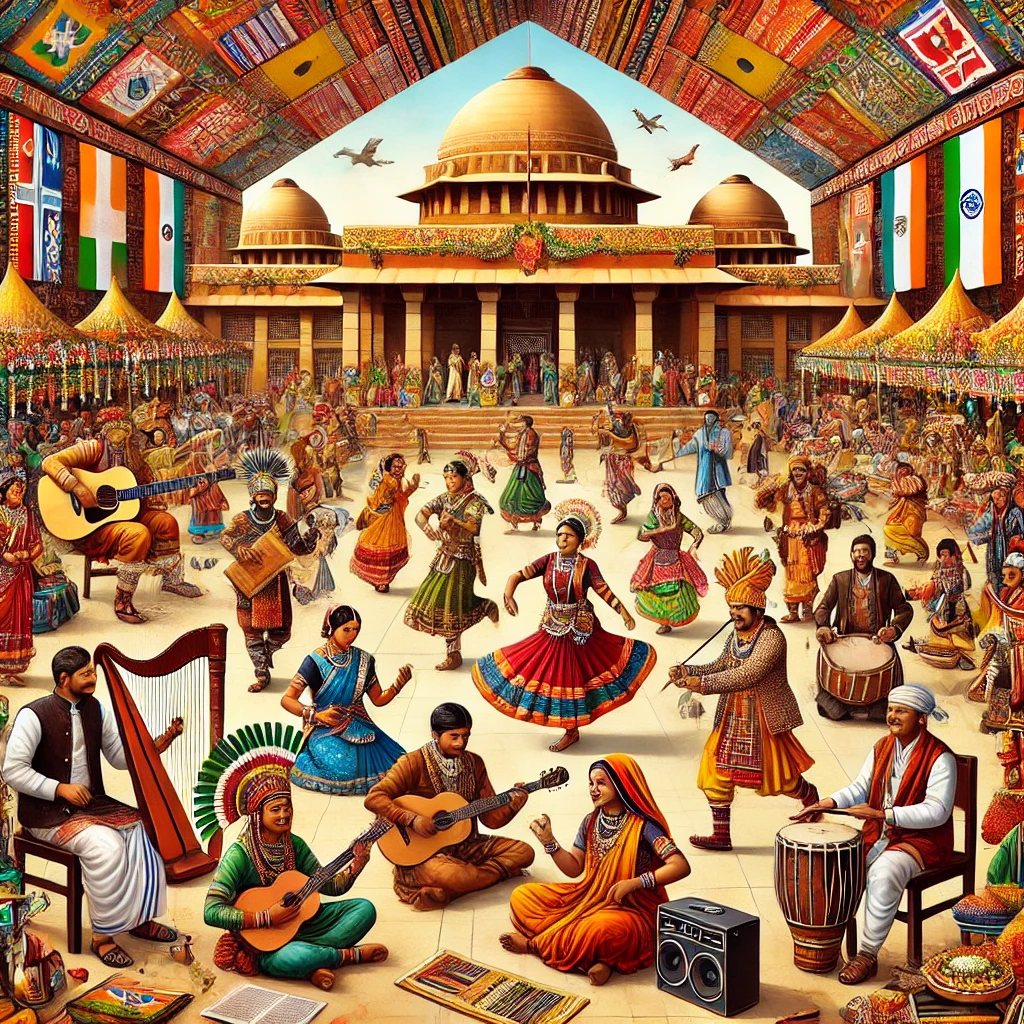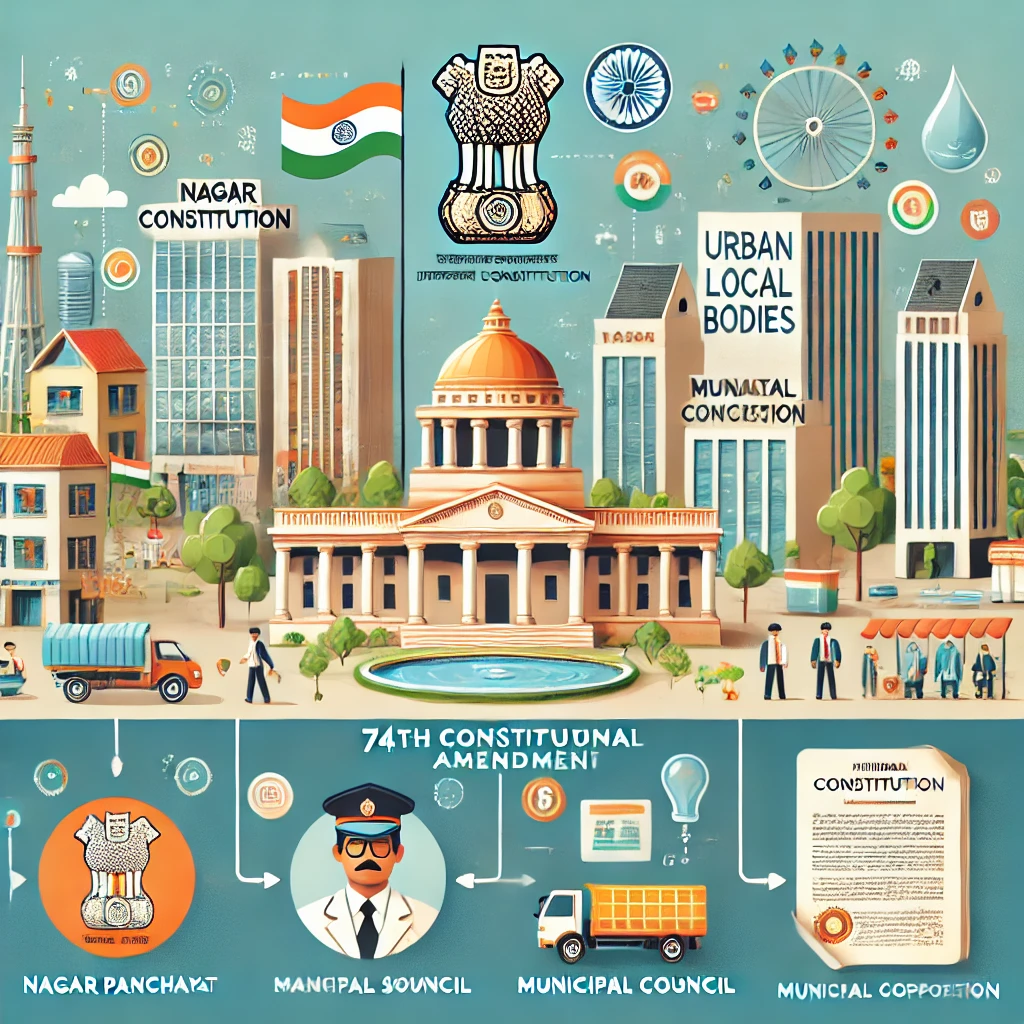Formation of the Indian National Congress (INC)
“Indian National Congress sessions and SR Study test series”
The Indian National Congress (INC) was founded on 28 December 1885 by A.O. Hume, a retired British civil servant. It was established to provide a platform for Indians to discuss their grievances and present them to the British government. Initially a moderate organization, the INC later evolved into the primary force behind India’s independence movement.
Key Details of Formation:
- Date: December 28, 1885
- Place: Gokuldas Tejpal Sanskrit College, Bombay (now Mumbai)
- President: W.C. Bonnerjee
- Attendees: 72 delegates from different regions of India
Objective:
To create a platform for educated Indians to articulate their demands and foster unity among people of different regions, castes, and religions.
All Sessions of the Indian National Congress (INC)
Here’s a detailed list of key sessions, including year, place, President, and the important outcomes. This is especially useful for UPSC, UPPSC, and other state exams.
| Year | Place | President | Key Outcome/Importance |
| 1885 | Bombay | W.C. Bonnerjee | First session; focus on socio-economic reforms and administrative transparency. |
| 1886 | Calcutta | Dadabhai Naoroji | Advocated for political rights and national unity. |
| 1887 | Madras | Badruddin Tyabji | First Muslim President; emphasized Hindu-Muslim unity. |
| 1906 | Calcutta | Dadabhai Naoroji | Adopted the resolution of Swaraj (self-rule). |
| 1907 | Surat | Rash Behari Ghosh | The infamous split between Moderates and Extremists. |
| 1916 | Lucknow | Ambica Charan Mazumdar | Lucknow Pact: INC and Muslim League united for common political objectives. |
| 1919 | Amritsar | Motilal Nehru | Condemned the Jallianwala Bagh massacre. |
| 1920 | Nagpur | C. Vijayaraghavachariar | Adopted the Non-Cooperation Movement under Mahatma Gandhi’s leadership. |
| 1929 | Lahore | Jawaharlal Nehru | Purna Swaraj Declaration: India’s complete independence was declared as a goal. |
| 1931 | Karachi | Sardar Vallabhbhai Patel | Adopted the Fundamental Rights and Economic Programme. |
| 1942 | Bombay | Maulana Abul Kalam Azad | Passed the historic Quit India Resolution, marking the final phase of the freedom struggle. |
| 1946 | Meerut | Acharya Kripalani | Advocated for interim government formation, leading to independence in 1947. |
Highlights of Important Sessions
- 1885 (Bombay)
- First session.
- Discussed socio-economic issues and representation in legislative councils.
- 1907 (Surat)
- Split between Moderates (Gopal Krishna Gokhale) and Extremists (Bal Gangadhar Tilak).
- 1916 (Lucknow)
- Pact with the Muslim League for joint demands to the British government.
- 1929 (Lahore)
- Purna Swaraj (Complete Independence) was declared as the primary objective.
- 1942 (Bombay)
- Quit India Movement launched with the slogan “Do or Die.”
Advertisement for SR Study Test Series
Prepare Smartly with SR Study – The Affordable Test Series Platform
Are you gearing up for UPSC, UPPSC, or any other state exams? Success demands smart preparation, and that’s exactly what SR Study delivers.
🎯 SR Study – Your Path to Success
✅ Expertly curated test series for UPSC, UPPSC, SSC, Banking, and state exams.
✅ Affordable pricing for every aspirant.
✅ Covers the entire syllabus with detailed explanations and solutions.
✅ Performance analysis to identify your strengths and weaknesses.
🌟 Start Today! Visit learn.srstudy.com
Why Choose SR Study?
- Comprehensive Coverage: Every aspect of the syllabus is covered in detail.
- Cost-Effective: High-quality test series at budget-friendly rates.
- User-Friendly Interface: Easy navigation for a seamless learning experience.
- Expert Support: Learn from the best educators.
👉 Don’t wait! Join the ranks of successful candidates today. Explore test series at learn.srstudy.com.
Tips for Aspirants
- Use the INC session details for Modern Indian History questions in UPSC and state exams.
- Pair SR Study’s resources with consistent practice to improve your scores.
Ace your exams with SR Study – Affordable and Reliable Test Preparation for All!



